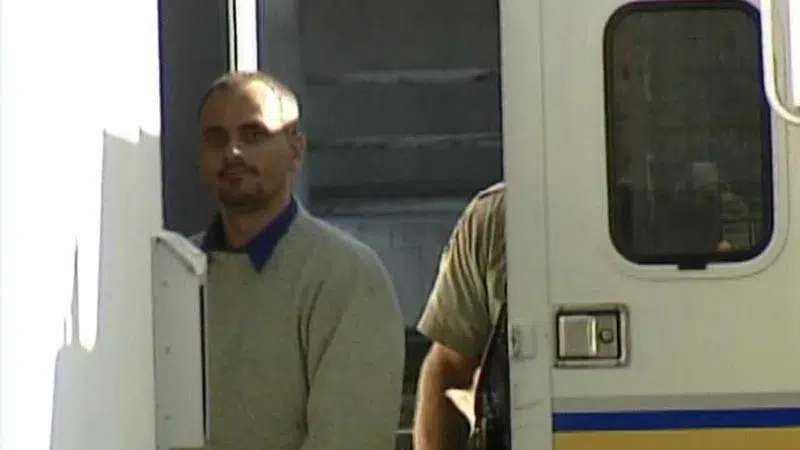
Convicted murderer of wife in Nanaimo lobbies for early parole hearing
NANAIMO — A man serving a life sentence for brutally murdering his estranged wife as she walked on a dark north Nanaimo path is arguing he deserves a fast-tracked parole hearing.
Kelvin Kingsbury Purdy, 51, was convicted by a BC Supreme Court jury in 2005 in Nanaimo of second degree murder for the gruesome early morning knife attack against Denise Purdy near Lasalle Rd. on Dec. 12, 2003.
Purdy self-represented himself in Supreme Court in Nanaimo this week arguing for an early parole board hearing, a process commonly referred to as the faint hope clause.
As it stands now the earliest Purdy can apply for parole is Dec. 12, 2022.


